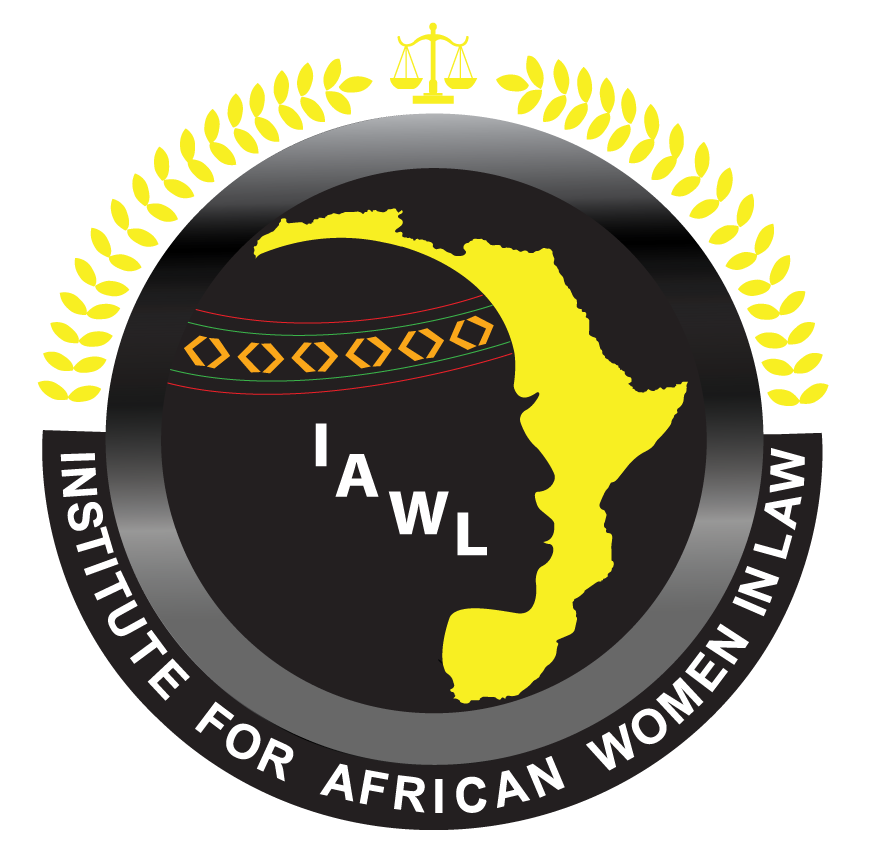FORGING NEW PATHWAYS TO LEGAL PRACTICE IN SOUTH AFRICA
- IAWL

- May 6, 2020
- 4 min read
*By Rehana Khan Parker
A human rights activist and lawyer in practise for 27 years in Cape Town, South Africa.

When a pandemic plunges the world into the Fourth Industrial Revolution, the realization dawns that we cannot go back to our old ways. In South Africa, the practise of law means lugging huge folders of files to court, sitting in traffic for 60 minutes or more, waiting for your case to be heard at the end of a long roll, or catapulting from one courtroom to another for a pretrial conference, on edge, in heels, flying up flights of stairs, anxious that the case may have been called by the judge—and trashing tons of wasted paper a few years later. Early February 2020, I was watching the global reports on the spread of Covid-19 and tuned in often to my colleagues overseas and heard their pleas and frustrations on the “Lady Boss Lawyers” group on Facebook.
My firm went into an elective social distancing on the 9 March 2020, following the first reported case of coronavirus on our shores on 5 March 2020. No doubt I was labelled panicky when I suggested zoom meetings and appearances to my clients since it was at that point an international epidemic, not a locally transmitted disease and we deemed ourselves untouchable down south of the equator. On 15th March 2020 , the scramble started when I emailed the Judge President of the Western Cape High Court as to what precautions the court will be taking. President Ramaphosa announced the arrival of the pandemic in South Africa, and declared it a national disaster with plans afoot to mitigate the pandemic with a complete lockdown starting at midnight, on 26 March 2020.
At the national level, Lockdown Regulations were rushed. A national disaster was on our hands and we went into a complete shutdown. The regulations begged many questions, and lawyers in manifold WhatsApp groups attempted to make sense of a flurry of regulations to monitor a range of sectors open to manifold interpretations. There were numerous amendments to the regulations, as lawyers dissected each letter, word and definition. The hardest part was that our courts were reactionary rather than proactive. The Gauteng High Court already digitized in January 2020 as a pilot project, and this was the opportune time in history to set the clock to tick to a new way of thinking.
For my practice, the toughest part was contacting key stakeholders and my major clients as to what measures would be put in place. My business was reengineered into finding a new pathway to practice, which is by far a more comforting pathway, with having a work life balance and still able to get the job done. I tossed out the rigid routine—wake at 7am, work at 8am, lunch at 1pm, work till 6 pm, then head home to try and squeeze in a yoga session, often too frazzled to do so or cook a meal and ended up with an uber eats instead routine. That which we were all screaming to do for years, work-life-balance finally happens.
The dizzying developments did not leave me fazzled for long. I was ahead of the race and out of sheer frustration, started to write a short note to the Minister of Justice to enquire when the pilot project would be implemented throughout the country and a "Dear Sir" ended up in 10 pages which I submitted to the legal Practice Council on 14 April 2020. It was forwarded to the Chief Justice, The Minister of Justice and the Judge President with minor changes on 24 April 2020. I examined every aspect of practise that failed in the past and justified in many instances why a face to face consultation or hearing was outdated. I ended up recommending changes to legislation, the Rules, how to sign an affidavit, and a will via video conference. I suggested admissions of practitioners via zoom and proposed new ways for sitting for examinations. And my pages grew into suggesting a Benevolent Fund, which is a fund to cater for practitioners under financial stress. I expressed my concerns on social media of what my crystal ball view was revealing. I saw gloom, losses and despair at what I was following on social media. Their stories stirred me.
In South Africa, 82 percent of law firms are single practitioners with limited resources, and I was now more intent than ever, to change the landscape of practise and optimize digital technology to practise more effectively. I went live on SABC TV 2 Morning Live DSTV, 21 April 2020, to create awareness on the hardship and hurdles facing the profession. This gained momentum over the past week and I was happy to learn that some of my proposals were carried out. However, we need all role players and decision makers to be on the same page; together we are compelled by a force majeure to embrace a new pathway not only now whilst under lockdown, but for the foreseeable future post COVID-19.
And the old feminist chatter of the billable hour and flexi-day suddenly disappears into what works, what no longer does, what are my wants, my needs and realizing work could be done any time of the day, or night! Yes, the concept of a working day has evaporated into sleeping late, waking early, taking in a zoom conference in a fully clad upper body with minimal make up, and an occasional midday nap. What was previously done in 5 hours is now achievable in under 3 hours. Graveyard sessions are gone, each job is meticulously executed, with a smile and pride, in (my) time— and I can bill with a smile.
*The views expressed in this entry belong solely to the author.
